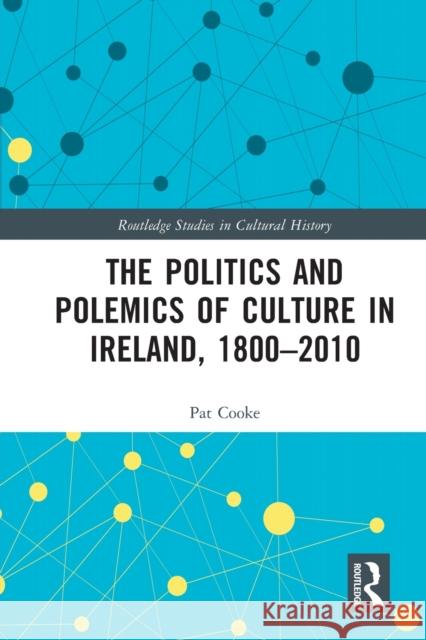The Politics and Polemics of Culture in Ireland, 1800–2010 » książka
The Politics and Polemics of Culture in Ireland, 1800–2010
ISBN-13: 9780367567897 / Angielski
The Politics and Polemics of Culture in Ireland, 1800–2010
ISBN-13: 9780367567897 / Angielski
(netto: 195,86 VAT: 5%)
Najniższa cena z 30 dni: 193,46
ok. 16-18 dni roboczych.
Darmowa dostawa!
This book provides a uniquely detailed historical account of the discursive processes surrounding the evolution of cultural policies and related institutional structures within a single democratic jurisdiction: the 26-county Irish state that came into being in 1922.
As a contribution to cultural policy studies, this book offers a uniquely detailed and comprehensive account of the historical evolution of cultural policies and their contestation within a single democratic polity, while treating these developments comparatively against the backdrop of contemporaneous influences and developments internationally. It traces the climate of debate, policies and institutional arrangements arising from the state’s regulation and administration of culture in Ireland from 1800 to 2010. It traces the influence of precedent and practice developed under British rule in the nineteenth century on government in the 26-county Free State established in 1922 (subsequently declared the Republic of Ireland in 1949). It demonstrates the enduring influence of the liberal principle of minimal intervention in cultural life on the approach of successive Irish governments to the formulation of cultural policy, right up to the 1970s. From 1973 onwards, however, the state began to take a more interventionist and welfarist approach to culture. This was marked by increasing professionalization of the arts and heritage, and a decline in state support for amateur and voluntary cultural bodies. That the state had a more expansive role to play in regulating and funding culture became a norm of cultural discourse.











